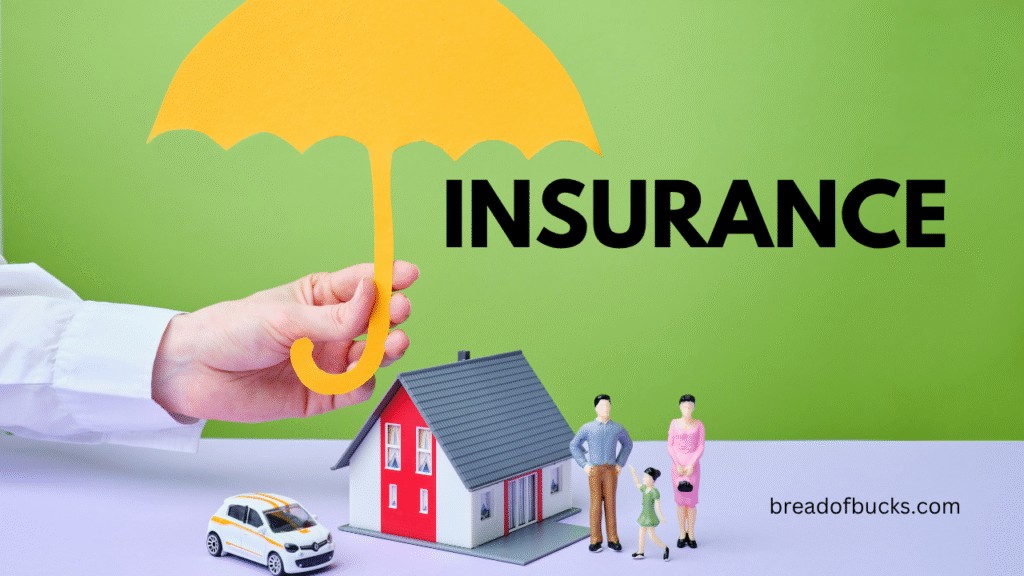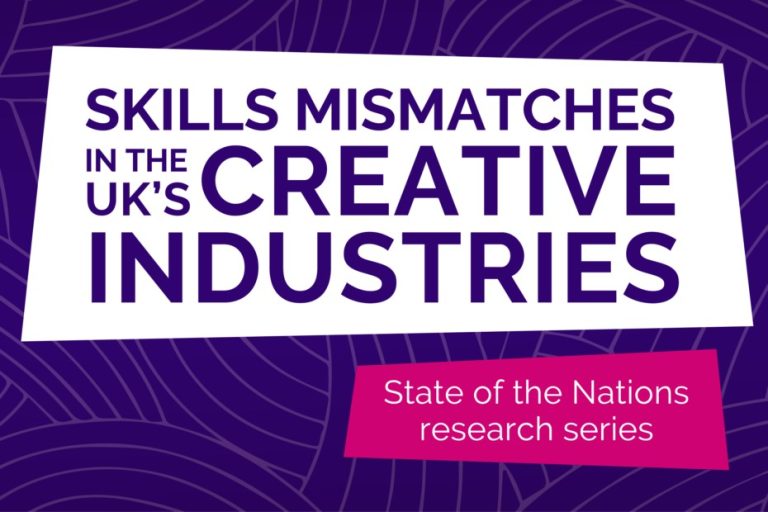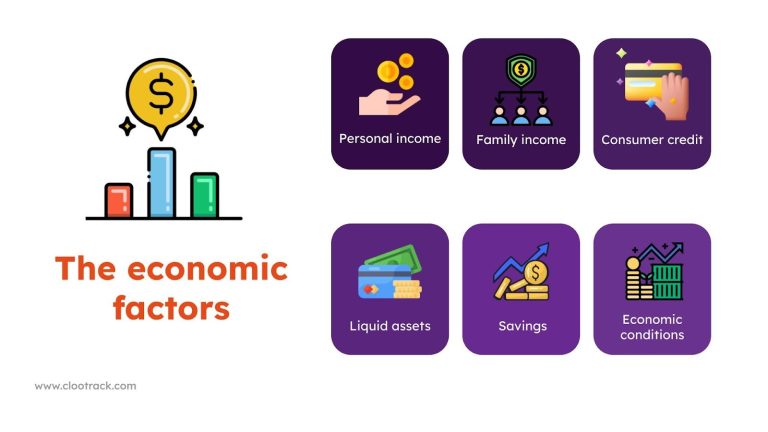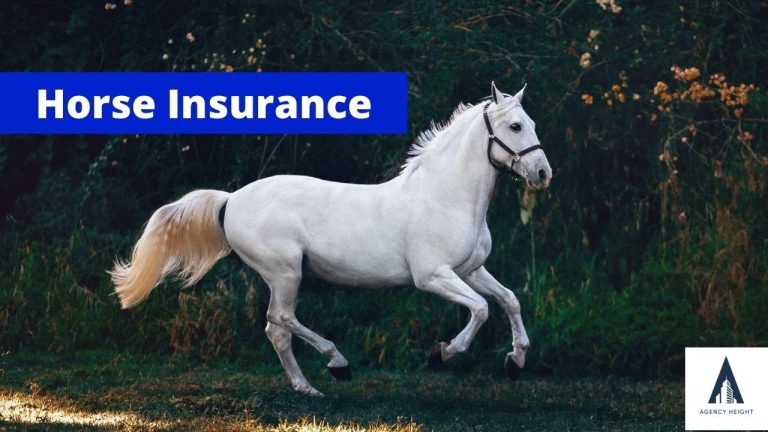Why Insurance Is a Form of Smart Protection
In an unpredictable world where financial stability can be upended by a single event, insurance stands out as one of the most intelligent tools for managing risk. It’s not just a safety net for worst-case scenarios—it’s a strategic decision that reflects foresight, responsibility, and a commitment to long-term security. Whether you’re an individual safeguarding your health and home, or a business protecting assets and operations, insurance plays a pivotal role in ensuring that unexpected disruptions don’t derail your financial future.
At its core, insurance is a mechanism for transferring risk. Instead of shouldering the full burden of a potential loss, policyholders pay a relatively small premium to an insurer, who then assumes the financial risk on their behalf. This arrangement allows individuals and organizations to operate with greater confidence, knowing that they have a buffer against the financial consequences of accidents, disasters, or unforeseen events. For example, a homeowner with fire insurance doesn’t have to live in constant fear of losing everything in a blaze. If the unthinkable happens, the policy provides the means to recover and rebuild, rather than starting from scratch.
The value of insurance becomes even more apparent when viewed through the lens of business continuity. Companies face a wide array of risks—natural disasters, cyberattacks, liability claims, supply chain disruptions—and any one of these can cause significant financial damage. Without insurance, a single lawsuit or data breach could bankrupt a small business. With the right coverage in place, however, businesses can absorb shocks, maintain operations, and preserve their reputation. It’s not just about surviving a crisis; it’s about having the resources to recover quickly and continue serving customers without missing a beat.
Insurance also plays a critical role in enabling economic activity. Lenders are more willing to finance homes, cars, and businesses when they know those assets are insured. Investors feel more secure backing ventures that have risk management strategies in place. Even consumers are more likely to engage with companies that demonstrate a commitment to safety and responsibility. In this way, insurance acts as a lubricant for the economy, reducing friction and uncertainty so that commerce can flow more freely. It’s no exaggeration to say that many of the world’s largest infrastructure projects, from skyscrapers to airports, would be impossible without the backing of robust insurance policies.
On a personal level, insurance provides peace of mind that is difficult to quantify but deeply valuable. Health insurance, for instance, ensures that a medical emergency doesn’t become a financial catastrophe. Life insurance offers families a measure of security in the face of loss, helping them cover expenses and maintain their standard of living. Auto insurance protects drivers from the high costs of accidents, while travel insurance can turn a ruined vacation into a reimbursed inconvenience. These policies don’t just offer financial compensation—they offer the reassurance that someone has your back when things go wrong.
Critics sometimes argue that insurance is a sunk cost, especially if a claim is never filed. But this perspective misses the broader purpose of insurance. The goal isn’t to “get your money’s worth” in the form of a payout; it’s to protect against the possibility of a loss so large that it would be difficult or impossible to recover from on your own. It’s similar to wearing a seatbelt—you hope you never need it, but you wouldn’t dream of driving without it. The absence of a claim is not a failure of the system; it’s a sign that things went well, and that’s a win in itself.
Moreover, insurance encourages responsible behavior. Many policies come with incentives for risk reduction, such as lower premiums for safe driving, healthy living, or installing security systems. These incentives not only reduce the likelihood of a claim but also promote habits that benefit individuals and society as a whole. In this way, insurance doesn’t just respond to risk—it helps prevent it. It aligns financial interests with safer choices, creating a virtuous cycle of protection and prevention.
The digital age has also transformed the insurance landscape, making it more accessible, personalized, and responsive. With the rise of insurtech platforms, consumers can now compare policies, file claims, and manage coverage with unprecedented ease. Data analytics and artificial intelligence are enabling insurers to assess risk more accurately and tailor products to individual needs. This evolution is making insurance smarter, more efficient, and better aligned with the realities of modern life. It’s no longer a one-size-fits-all proposition—it’s a dynamic tool that adapts to your circumstances and evolves with your goals.
Ultimately, insurance is a form of smart protection because it reflects a proactive mindset. It’s about anticipating challenges before they arise and putting systems in place to mitigate their impact. It’s about recognizing that while we can’t control everything, we can control how prepared we are. In a world where uncertainty is the only certainty, that kind of preparation isn’t just prudent—it’s essential. Whether you’re protecting your family, your business, or your future, insurance is one of the smartest investments you can make.







